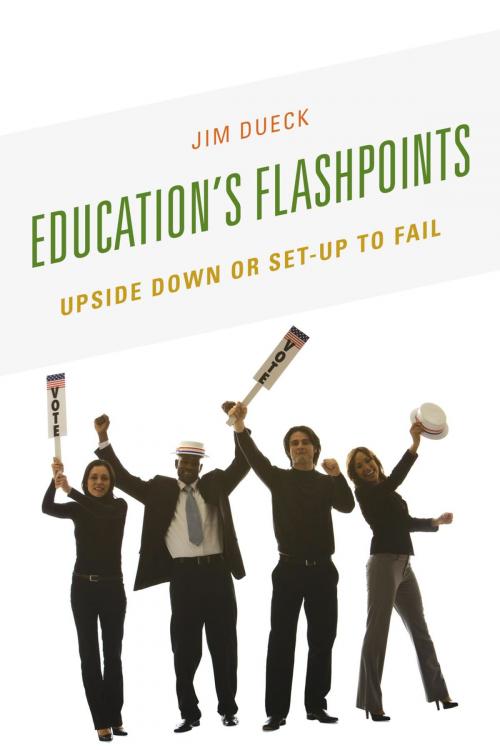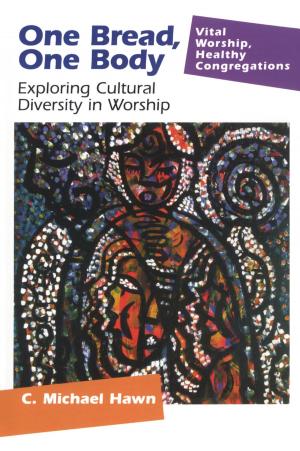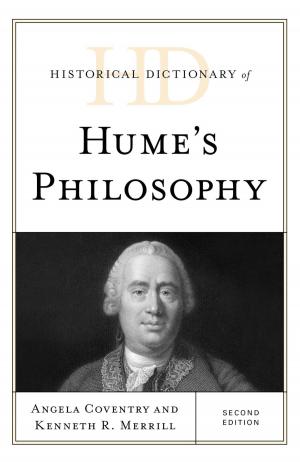Education's Flashpoints
Upside Down or Set-Up to Fail
Nonfiction, Reference & Language, Education & Teaching, Administration| Author: | Jim Dueck | ISBN: | 9781475813180 |
| Publisher: | Rowman & Littlefield Publishers | Publication: | December 5, 2014 |
| Imprint: | Rowman & Littlefield Publishers | Language: | English |
| Author: | Jim Dueck |
| ISBN: | 9781475813180 |
| Publisher: | Rowman & Littlefield Publishers |
| Publication: | December 5, 2014 |
| Imprint: | Rowman & Littlefield Publishers |
| Language: | English |
The body of the text proceeds to identify and explain many flashpoints which are current in a world of education where students’ best interests are hampered by teachers’ self-interests. Whenever an issue emerges in education and is analyzed in the context of what is best for students or teachers, teacher unions naturally pursue benefit for their members. This does not demean their effort; rather, it explains their intentions, and making their objectives transparent is a recurring theme throughout the book.
Dueck demonstrates that politicians are a core part of the problem because of their predilection for siding with power structures in society, namely unions and teachers rather than the clients of their services. Their thirst for votes from teachers’ unions, which represent one of the largest special interest groups within our communities, is not only a contributing factor in causing but also ameliorating these flashpoints. Underlying this thirst for electoral support is the reality that students cannot vote and do not have capacity for discerning how these complex educational issues impact them.
The body of the text proceeds to identify and explain many flashpoints which are current in a world of education where students’ best interests are hampered by teachers’ self-interests. Whenever an issue emerges in education and is analyzed in the context of what is best for students or teachers, teacher unions naturally pursue benefit for their members. This does not demean their effort; rather, it explains their intentions, and making their objectives transparent is a recurring theme throughout the book.
Dueck demonstrates that politicians are a core part of the problem because of their predilection for siding with power structures in society, namely unions and teachers rather than the clients of their services. Their thirst for votes from teachers’ unions, which represent one of the largest special interest groups within our communities, is not only a contributing factor in causing but also ameliorating these flashpoints. Underlying this thirst for electoral support is the reality that students cannot vote and do not have capacity for discerning how these complex educational issues impact them.















